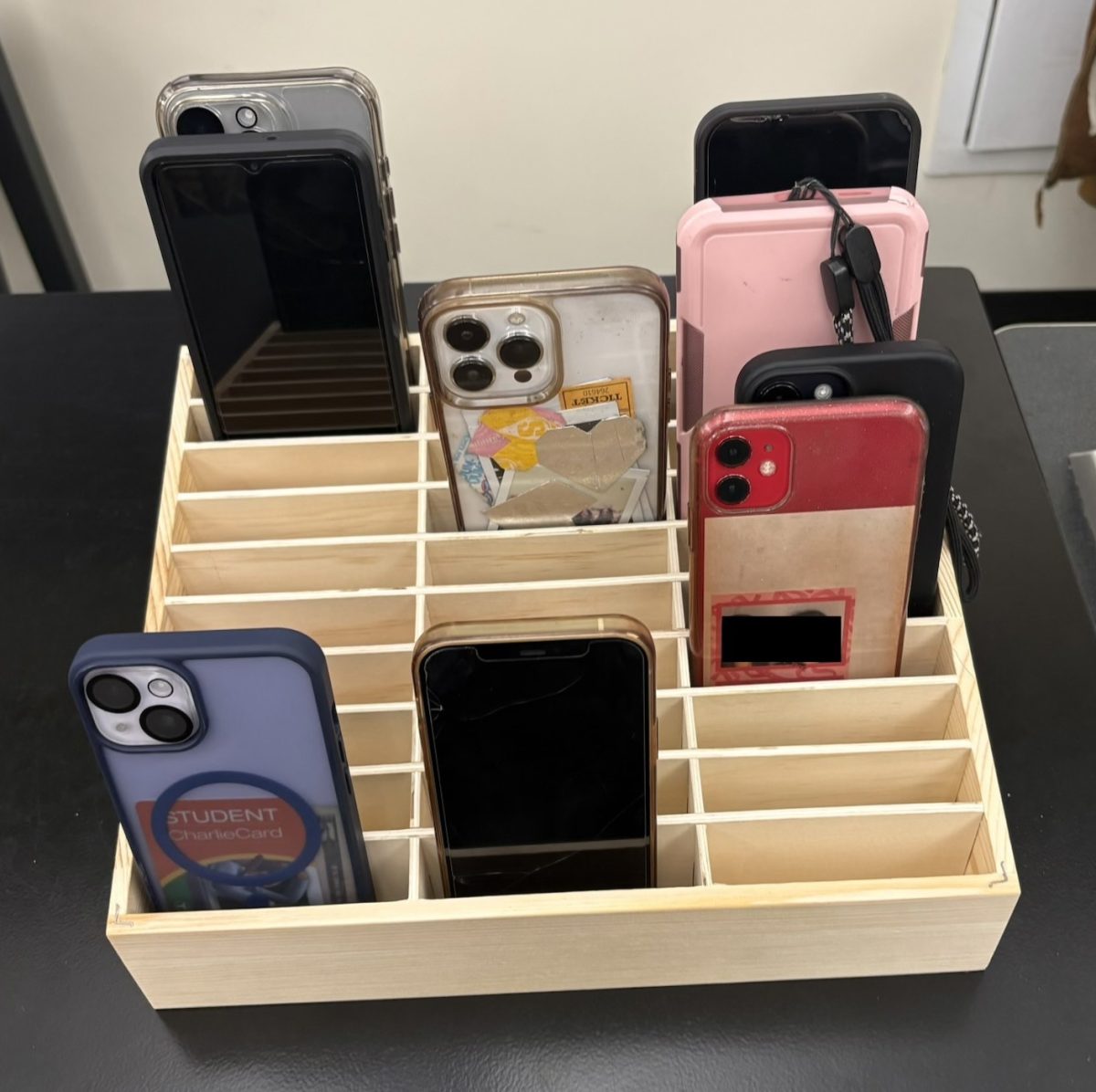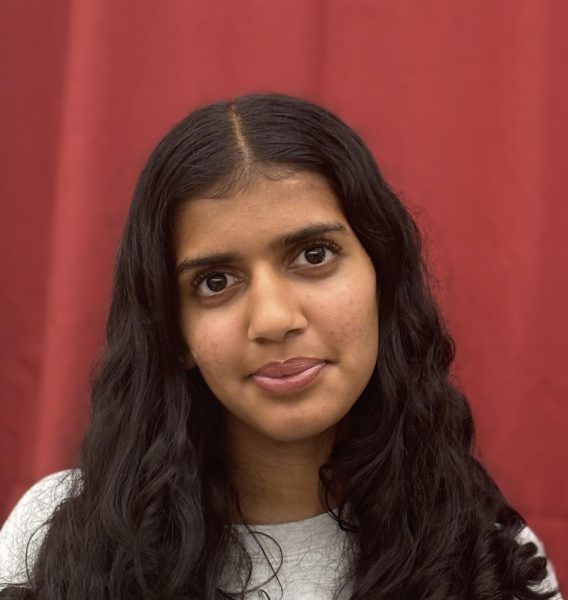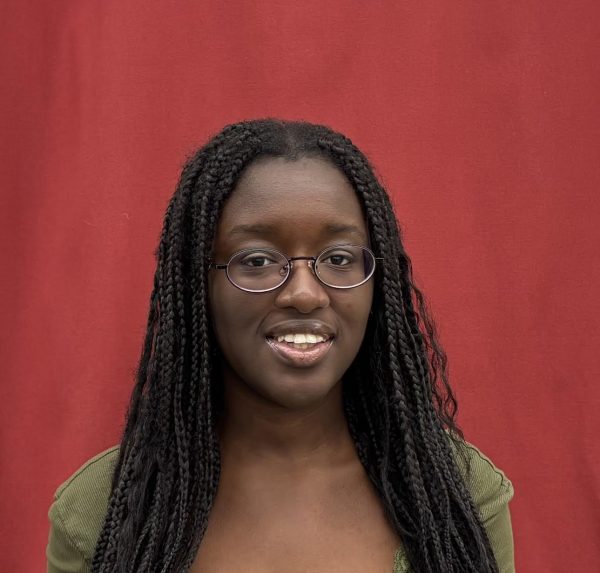The first week here at Everett High School is different this year, and not just because of new classes and new teachers. Under new leadership and the new phone ban bill passing, students are facing stricter rules on one of their most constant companions: their phones.
Dr. John Braga, who officially began as Everett High School’s principal this fall, is making student focus and classroom engagement a top priority. Among his first steps is enforcing a tighter phone policy.
As of now at Everett High, our phone policy requires students to follow the “teacher-determined procedure”. With this policy, you can have your phone out on your desk one period, but be required to put your phone in a phone holder the next. Students can use their phones appropriately at arrival, during transitions, and lunch, but must leave them in the classroom when leaving during class time for stuff like the bathroom.
The change hasn’t gone unnoticed. In hallways, students whisper about the crackdown. Some see it as a necessary step; others aren’t so convinced.
“I hate it. I like checking my phone between lessons,” sophomore Abigail Falkowski said. “But I also get why they’re doing it. Last year, half the kids were on their phones and making TikToks in class.”
“I can understand why it’s a rule,” sophomore Jane Maharjan said. “Especially with the uprise in students using AI to complete their work and cheating, it’s completely acceptable, but I also see how kids who don’t use AI or cheat in any way are upset about the rule.”
“I’m just thankful we aren’t pressured to give it to the teacher, but instead we can keep it with us but in our backpack for most classes,” sophomore Nathalia Cesario said. “It gives me a sense of safety knowing I have my belongings, and I don’t have to worry if someone is going to look through my phone.”
Teachers, on the other hand, seem to hold more positive views on this change.
Physical education teacher Amanda Gil has her students keep their phones away in their backpacks or in a phone bank. “I personally think that it would be very beneficial to have a total cell phone ban,” Gil said. “I think that I’ve seen engagement with students be a lot more present and a lot more engaged in the lessons. I think that they can be a big distraction, although they are helpful for safety and communicating with families.”
English teacher Mark Lent has his students keep their phones in the backpack as well, but has them turn the phones in during tests. “I think it’s been a long time coming,” Lent said of the changes and the state Senate passing a bell-t0-bell ban to start in the fall of 2026. “In that, I think it’s ultimately the right move, but I do think the first year is going to be rocky and it’ll take some adjustment from teachers and students alike.”
“I have a feeling it’s going to be harder for parents than it will be for teachers or students,” Lent said. “From what I’ve seen on the internet, parents are very vocal about not being able to reach their children directly in school. And a lot of time I’ve, at least what I’ve seen in Massachusetts, are people saying ‘make schools safer rather than ban phones’. And that always gets me thinking about, well, schools in Massachusetts are extremely safe.”
Everett isn’t alone in the shift. Across Massachusetts, schools are testing out phone-free classrooms, with some districts introducing lockboxes or Yondr pouches to physically secure devices. State lawmakers have also discussed legislation like the STUDY Act, which would encourage more schools to adopt phone restrictions starting in the 2026-2027 school year.
Students, however, are still adjusting. “It feels weird not to have my phone out or looking around and not seeing people on it, but instead actually paying attention,” junior Anthoid Khanal said. “But, even though I don’t love the new rule, it’ll help me focus more and not be distracted.”
As the year unfolds, Everett High will find out whether this phone policy becomes just another rule–or a big change in how students learn and connect.






